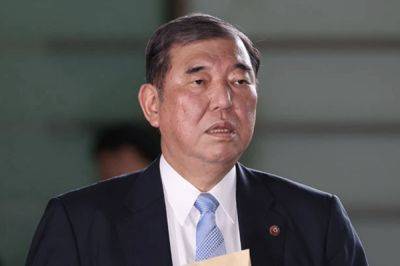US election to decide fate of 70,000 Afghan refugees
The Taliban, an ultraconservative Islamic political group, retook control of Kabul a little more than three years ago, dashing many Afghans’ hopes for a tolerant, democratic government.
As US troops withdrew from Afghanistan days after the Taliban’s resurgence in 2021, hundreds of thousands of Afghans flocked to the Kabul airport, desperate to be evacuated. Among them were Afghans who worked for US military and NATO forces as interpreters and in other roles – in addition to other people who were afraid of the Taliban.
Chaotic and sometimes violent scenes of the poorly planned evacuation captured media attention for weeks, as the US military airlifted nearly 124,000 people out of Afghanistan.
Many of the Afghans who fled their country in 2021 went to Iran, Pakistan and other nearby countries. To offer a lifeline to the Afghans who came to the US, the Biden administration announced on August 29, 2021, that evacuated Afghans could legally – but temporarily – stay in the US.
As a scholar of civil conflict and refugee migration, I have been following the Afghan evacuation and policy responses in Washington since 2021. While President Joe Biden renewed humanitarian parole for approximately 70,000 Afghans in 2023, these people remain in legal limbo, unable to fully move forward in their lives.
The upcoming election will likely be decisive in resolving Afghans’ legal status or not.
Understanding humanitarian parole
The US admitted Afghans into the country through what’s called humanitarian parole, a federal program that the president can authorize to give protection to people in other countries facing extreme emergency circumstances.
Humanitarian parole must be renewed by a presidential administration every two years, unlike the







